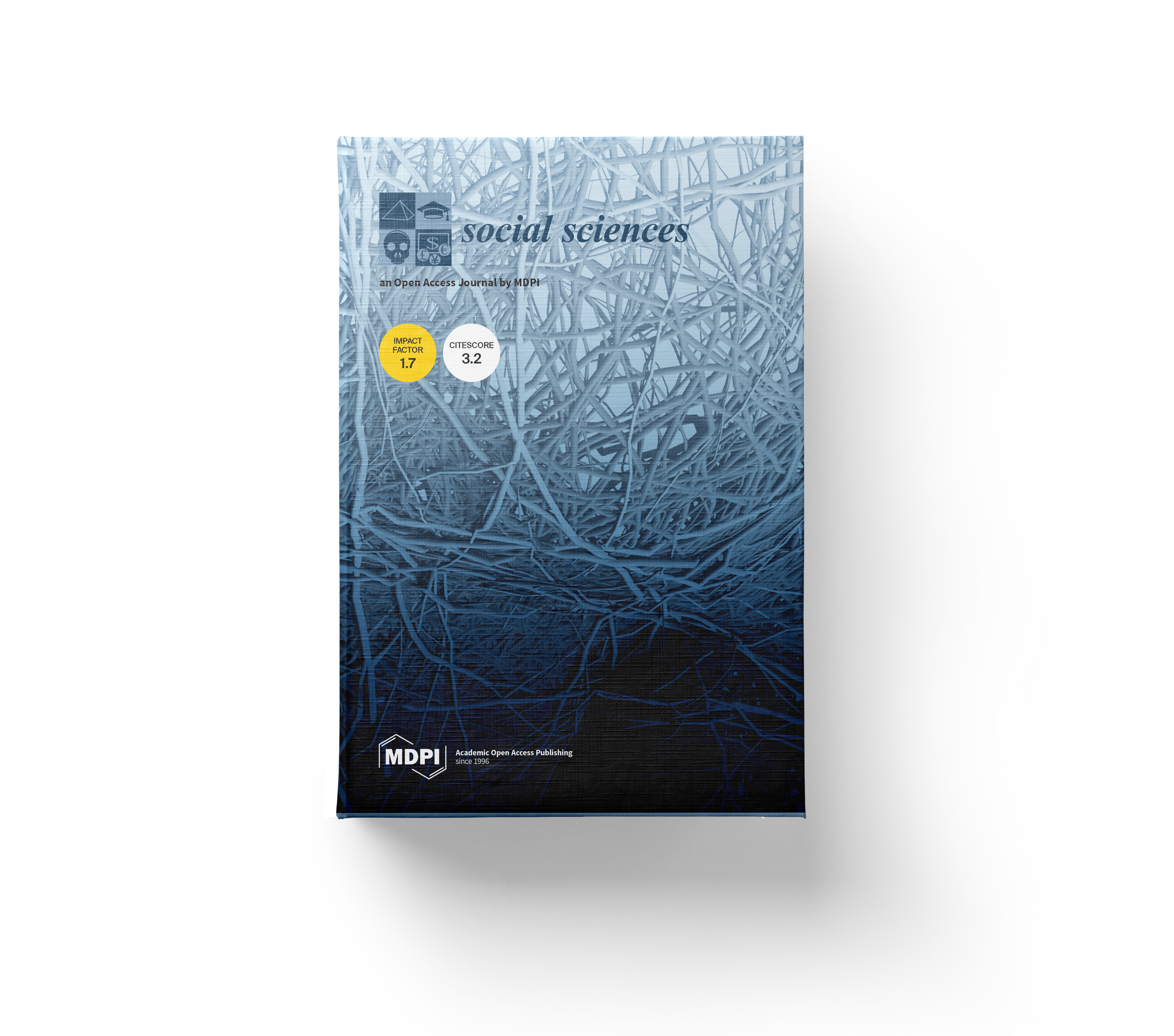
Monographs
2014
Narrative Imagination and Everyday Life
Narrative Imagination and Everyday Life' explores how imagination operates in the stories which people tell, hear, see and live in their every day lives, across a number of ‘ordinary’ settings. As has been well established, stories are central to the way in which individuals and communities negotiate their identities; how we construct who we are, and who we are not, are central problems which we confront every day. This book examines the critical role of imagination in how we accomplish this task. What kinds of narratives do we anticipate, and how does this affect how we construct ‘reality’; what happens when we meet the unexpected? How do we construct ‘the other’, including sometimes parts of our own selves?
Read Molly’s blog post for Oxford University Press.
Listen to Molly’s podcast for the National Centre for Research Methods.
Oxford: Oxford University Press.
1991/ re-issued 2008
Lifetimes of Commitment: Aging, Politics, Psychology
This book explores the ways in which political belief is developed and sustained throughout the course of a lifetime. Through extensive interviews, it focuses on the lives of fifteen British men and women, aged between seventy and ninety, who have dedicated half a century or longer to working for social change and justice. Respondents discuss topics ranging from the importance of gender identity for their political activism, to their perceptions of the dissolution of the Soviet bloc. The book combines these stories of individual lifelong political commitment with a wider consideration of the formation of social identity, aging, and the interplay between individuals and their environment.
Cambridge: Cambridge University Press.
2007
Shaping History: Narratives of Political Change
Featuring extraordinary personal accounts, this book provides a unique window through which to examine some of the great political changes of our time, and reveals both the potential and the challenge of narrating the political world. Molly Andrews’ novel analysis of the relationship between history and biography presents in-depth case studies of four different countries, offers insights into controversial issues such as the explosion of patriotism in post -9/11 USA; East Germans' ambivalent reactions to the fall of the Berlin Wall; the pressures on victims to tell certain kinds of stories while testifying before South Africa's Truth and Reconciliation Commission; and the lifelong commitment to fight for social justice in England. Each of the case studies explores the implicit political worldviews which individuals impart through the stories they tell about their lives, as well as the wider social and political context which makes some stories more 'tell-able' than others.
Cambridge: Cambridge University Press. 2008 Outstanding book of the year award, American Education Research Association, Narrative and Research Special Interest Group. Translated into Chinese 2013.
Edited Collections
Narratives of Resistance in Everyday Lives and the Covid Crisis
(2023) Andrews, M., P. Nesbitt-Larking and K. Mahendran, eds. “Narratives of Resistance in Everyday Lives and the Covid Crisis” [Special Issue] Social Sciences.
Routledge International Handbook on Narrative and Life History
(2017) Goodson, I., Antikinen, A., Sykes, P., Andrews, M., eds. Routledge International Handbook on Narrative and Life History Oxon: Routledge.
Narratives of (In)Security: Nationhood, Culture, Religion, and Gender
(2015) co-edited with Kinnvall, C. and K. Monroe, Special Issue of Political Psychology: “Narratives of (In)Security: Nationhood, Culture, Religion, and Gender. (Two panels at ISPP 2015 based on this special issue). Vol 36/No. 2, April 2015.
What is Narrative Research?
(2014) co-editor, with Corinne Squire et al. What is Narrative Research? London: Bloomsbury.
Doing narrative research
(2008; 2013 2nd ed) co-edited with Squire, C. and Tamboukou, M. Doing narrative research Second Edition London: Sage Publications.
Considering Counter-narratives: Narration and resistance
(2004) co-edited with Bamberg, M. Considering Counter-narratives: Narration and resistance Amsterdam: John Benjamins Publishing Company.
Lines of narrative: Psychosocial perspectives
(2000) co-edited with Shelley Day Sclater, Corinne Squire, and Amal Treacher Lines of narrative: Psychosocial perspectives London: Routledge. Republished in 2004 by Transaction Publishers, London, as The uses of narrative: Explorations in Sociology, Psychology, and Cultural Studies.
Journal Articles
(2020) “Narrative and Truth in a World of Alternative Facts: The Moral Challenge for Education” Journal of Moral Education.
(2020) “Quality Indicators in Narrative Research” Special Issue Qualitative Research in Psychology.
(2019) with Graham Crow “Biographical Interviews and Imagined Futures Essay Writing: Users of Two Methods in Conversation” International Journal of Social Research Methodology, Vol. 22, No. 6: 557-569.
(2019) “The Narrative Architecture of Political Forgiveness” Political Psychology Vol. 40/No 3: 433-447.
(2018) “Imagining the ‘baffling geography’ of age” Journal of Aging and Society Vol. 47: 90-95.
(Winter 2017-2018) “The Seduction of Agelessness, Take 2” Generations Special Issue Gender and Age: A Focus on Women” Vol. 41/No 4: 75-82.
(2017) “Enduring Ideals: Revisiting Lifetimes of Commitment Twenty-Five Years Later”Contemporary Social Science, Special Issue “Political Activism Across the Life Course” Vol.12/1-2: 153-163
(2012) ''Unexpecting Age” Journal of Aging Studies 26/4: 386-393.
(2009) “The narrative complexity of successful aging” International Journal of Sociology and Social Policy Special issue on Theorising Aging Studies Vol. 29/1-2: 73-83.
(2007) Ruppel, Paul Sebastian; Dege, Martin; Andrews, Molly & Squire, Corinne. “Tackling Problems of Qualitative Social Research: A Conversation.” Conference Essay: Methods in Dialogue [129 paragraphs]. Forum Qualitative Sozialforschung / Forum: Qualitative Social Research, 9(1), Art. 41.
(2006) “Breaking down barriers: Feminism, politics, and psychology” Feminism and psychology 16(1): 13-17.
(2003) “Truth commissions and collective memory” Invited article for special issue on Cultural Memory, Media, Culture and Society 25/1: 45-66.
(2002) “Feminist research with non-feminist and anti-feminist women: Meeting the challenge” Feminism and Psychology 12/1: 55-78.
(2002) “Memories of mother: Counter-narratives of early maternal influence” Narrative Inquiry 12/1: 7-27.
(2002) “Introduction: Counter-narratives and the power to oppose” Narrative Inquiry 12/1:1-6.
Book Chapters
(2023) ‘“Be loyal to the story”: Sorrow, narrative and truth-telling’ in Meretoja, Hanna and Mark Freeman, eds. The Use and Abuse of Stories: New Directions in Narrative Hermeneutics New York: Oxford University Press.
(2021) (with Ann Phoenix, Corinne Squire and Julia Brannen) “Family Lives,Everyday Practices and Narrative Research” in Phoenix, Ann, Julia Brannen and Corinne Squire, eds. Researching Family Narratives London: Sage.
(2021) “The Mystery of the Dangerous Book” in Squire, C., ed. Stories Changing Lives: Narratives and Paths toward Social Change Oxford University Press, New York: Oxford.
(2020) (with Corinne Squire, Cigdem Esin and Aura Lounasmaa) “The Centre for Narrative Research” in Rustin, Michael and Gavin Poynter, eds. Building a Radical University: A History of the University of East London London: Lawrence and Wishart.
(2017) “Political Narratives and Abraham Obama” Oxford Research Encyclopedia of Politics Oxford: Oxford University Press.
(2017) “Popular Representation of East Germany: Whose History is It?” In Meretoja, H. and C. Davis, eds. Storytelling and Ethics: Culture, Visual Arts and the Power of Narrative New York: Taylor and Francis.
(2016) “Political Lives” in Goodson, I., Antikainen, A., Sykes, P., Andrews, M., eds. (2016) Routledge International Handbook on Narrative and Life History Oxon: Routledge.
(2014) “Beyond Narrative: The Shape of Traumatic Testimony” in Jensen, M. and Jolly, M., eds. Life Narratives and Human Rights, Madison, WI: Wisconsin University Press.
(2012) “Learning from Stories, Stories of Learning” in Goodson, I.F., A. M. Loveless, and D. Stephens, eds. Explorations in Narrative Research Rotterdam: Sense Publishers.
(2011) “Interfaces in teaching” with C. Squire and M. Tamboukou, in S. Trahar, ed. Travelling in the Borderlands: Learning and Teaching Narrative Inquiry Amsterdam: John Benjamins.
(2010) “Beyond narrative: The shape of traumatic testimony” in Hyvärinen, M., Hydén, L.C. , M. Saarenheimo, and Tamboukou, M. (eds.) Beyond narrative coherence Amsterdam: John Benjamins.
(2009) “Against good advice: Reflections on conducting research in a country where you don’t speak the language” (reprinted from 1995 publication in The Oral History Review) in Harrison, B., ed. Life story research Volumes 1-4 London: Sage.
(2008) “Never the last word: Narrative research and secondary analysis” in Squire, C., M. Tamboukou, and M. Andrews, eds. Doing narrative research London: Sage.
(2008) co-edited with Squire, C. and M. Tamboukou “Introduction” Doing narrative research London: Sage Publications.
(2006) “Exploring cultural boundaries” in Clandinin, J., ed. Handbook of narrative inquiry London: Sage.
(2004), with Day Sclater, S., C. Squire and M. Tamboukou, “Stories of narrative research” in Seale, C., D. Silverman, J. Gubrium and G. Gobo, eds. Qualitative Research Practice London: Sage
(2004) with Michael Bamberg “Introduction” ” in Bamberg, M. and M. Andrews, eds. Considering Counter-narratives: Narration and Resistance Amsterdam: John Benjamins Publishing Company.
(2004) “Memories of mother: Counter-narratives of early maternal influence” in Bamberg, M. and M. Andrews, eds. Considering Counter-narratives: Narration and Resistance Amsterdam: John Benjamins Publishing Company.
(2004) “Response to Commentaries” in Bamberg, M. and M. Andrews, eds. Considering Counter-narratives: Narration and Resistance Amsterdam: John Benjamins Publishing Company.
(2003) “Generational consciousness, dialogue, and political engagement” in Edmunds, June and Bryan Turner, eds. Generational consciousness, narrative and politics Boulder, CO: Rowman & Littlefield.
(2003) “Continuity and discontinuity of East German identity following the fall of the Berlin Wall: A case study” in Gready, Paul, ed, Cultures of political transition: Memory, identity and voice London: Pluto Press.
Translations of Work
(2020). Poliittisen anteeksiannon narratiivinen rakenne. (transl. I. Bickert). Politiikka, 62(1), 59-68.
(2015) Shaping History: Narratives of Political Change. Chinese edition.
(2014) “En sån grundläggande förvandling av ens tillavaro”, Att berätta om ögonblick av politisk förändring’ in Andersson, Greger, Christina Carlsson Wetterberg, , Carina Lidström and Sten Wistrand, eds. (2014) Berättande – Liv – Mening Öreboro Studies in Narration, Life and Meaning: Öreboro, Sweden.
(2010) “Biographie und Geschichte: Dynamiken individueller und kollektiver politischer Erzählungen” [Problems of biography and history: Dynamics of individual and collective political narratives] In: M. Dege, C. Dege, T. Grallert, N. Chimirri (Eds.). Können Marginalisierte widersprechen? Sozialwissenschaften und politisches Handeln. Gießen: Psychosozial-Verlag
"Das Erwachen des politischen Bewubtseines. Eine Fallstudie”[Awakening of Political Consciousness: A Case Study] in Hoerning, Erika M., ed. (2000) Biographisch Sozialisation Stuttgart: Lucius & Lucius.
"Politika zapominani: rekonstrukce minulosti v prechodu k postkomunismu" [The Politics of Forgetting: Reconstructions of the Past in the Transition to Post-communism] in Konopasek, Zdenek, ed. (2000) Otevrana minulost: autobiografika sociologie statniho socialismu [Opening the Past: Autobiographical Sociology of State Socialism] Prague: Charles University Press.
“Pero si no he acabado.. Tengo mάs que contra”’: Las limitaciones de las narraciones estructuaradas de los testimonios públicos’ [‘”But I am not finished…there is more”: Public testimony and the limitation of structured narratives’] (forthcoming) Antipoda No. 4.









